Find Help
More Items From Ergsy search
-

Heart Failure : The normal heart
Relevance: 100%
-
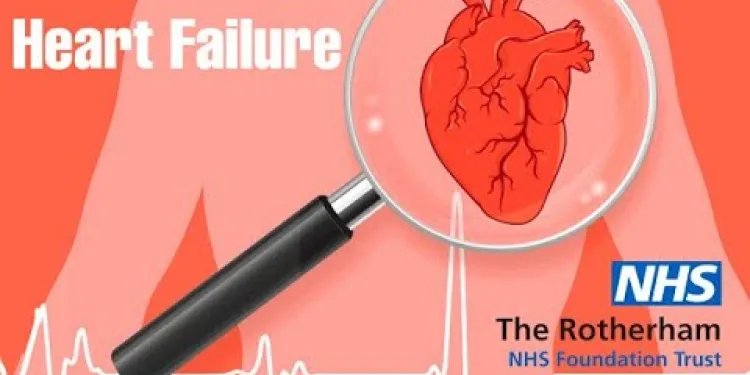
Heart Failure : What is heart failure?
Relevance: 83%
-
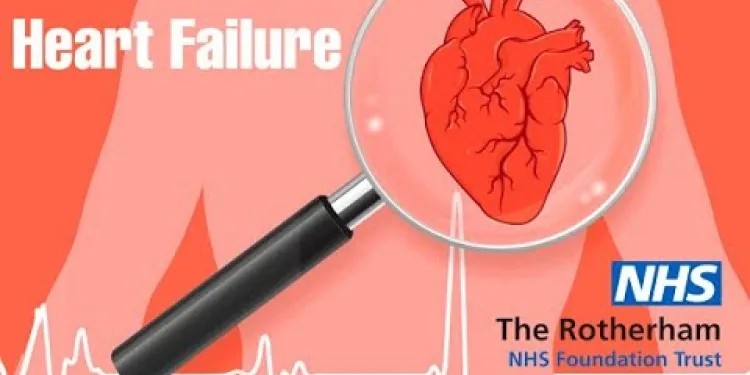
Heart Failure : Symptoms of heart failure
Relevance: 82%
-
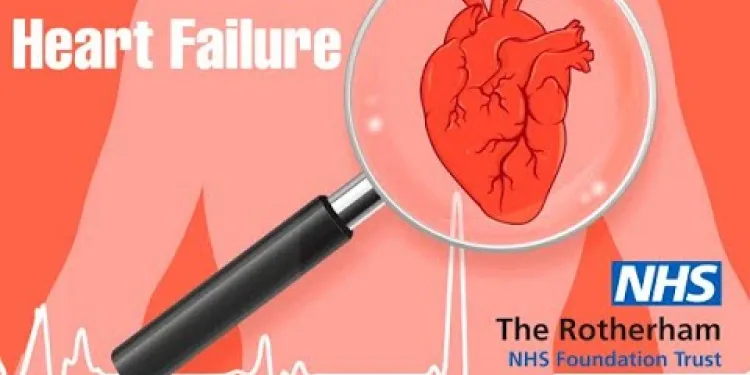
Heart Failure : Heart failure that cannot pump
Relevance: 80%
-
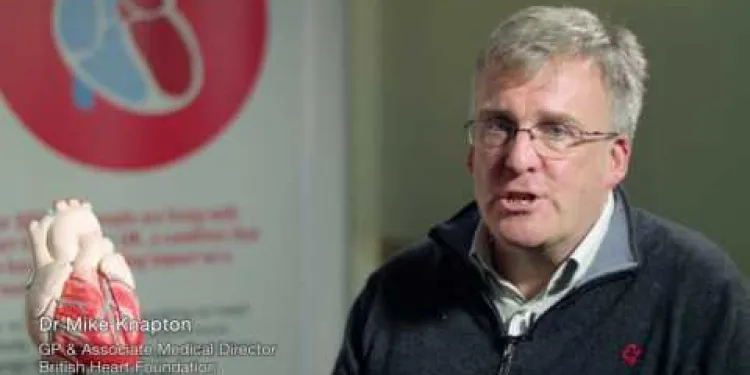
Heart failure introduction
Relevance: 77%
-
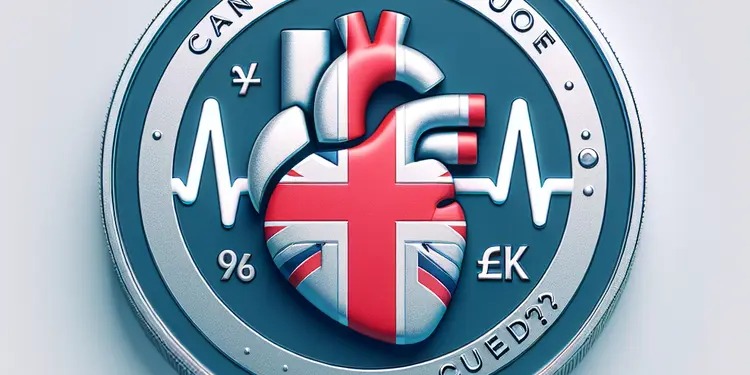
Can heart failure be cured?
Relevance: 76%
-
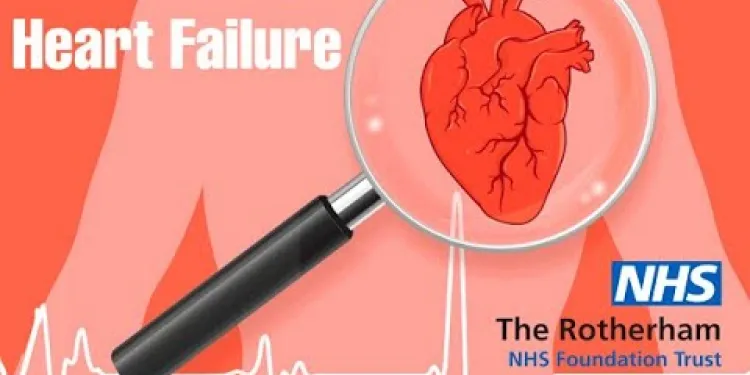
Heart Failure : When the heart becomes stiff?
Relevance: 75%
-

What causes heart failure?
Relevance: 74%
-

Are there different types of heart failure?
Relevance: 73%
-
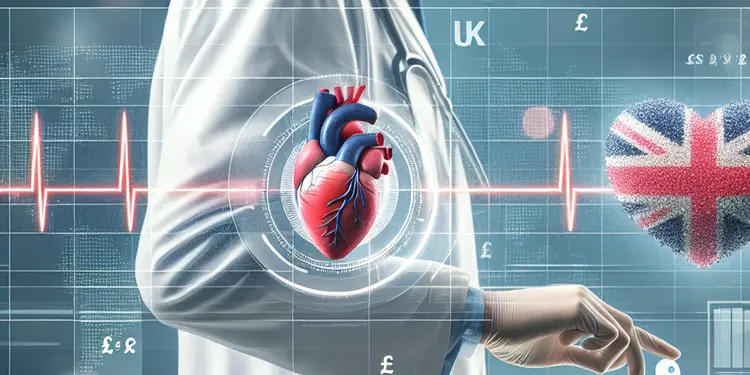
How is heart failure diagnosed?
Relevance: 72%
-
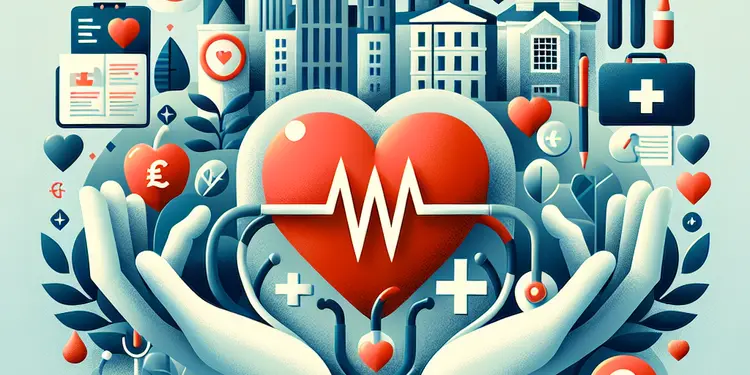
Can heart failure be prevented?
Relevance: 72%
-
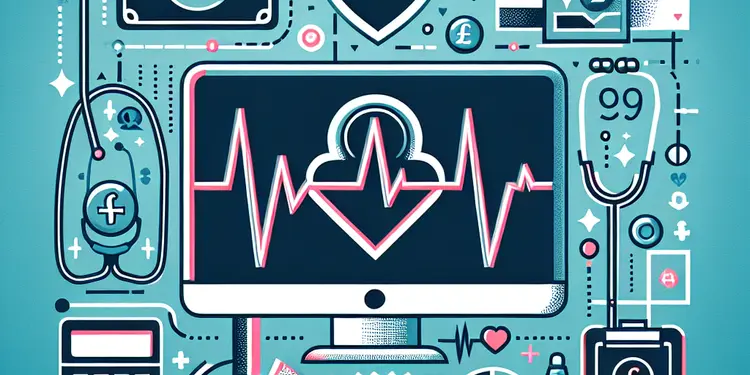
What is the prognosis for someone with heart failure?
Relevance: 70%
-
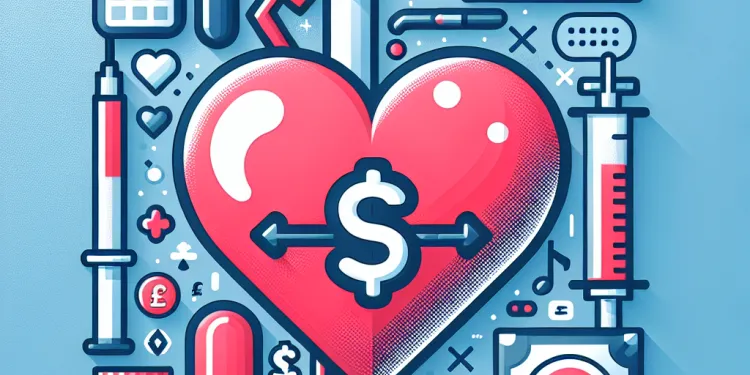
Is Baxdrostat used in treating heart failure?
Relevance: 69%
-
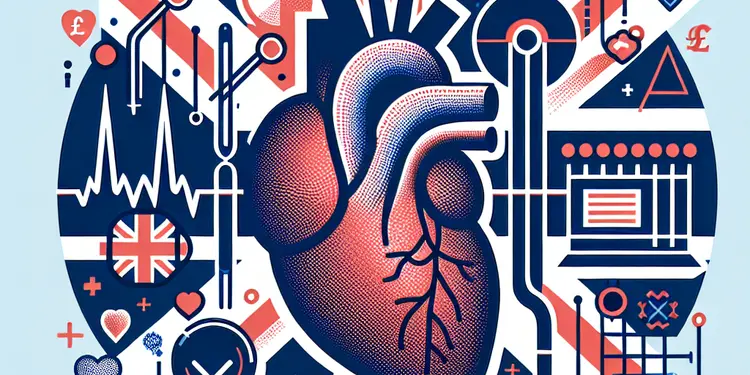
Can heart failure affect other organs?
Relevance: 67%
-
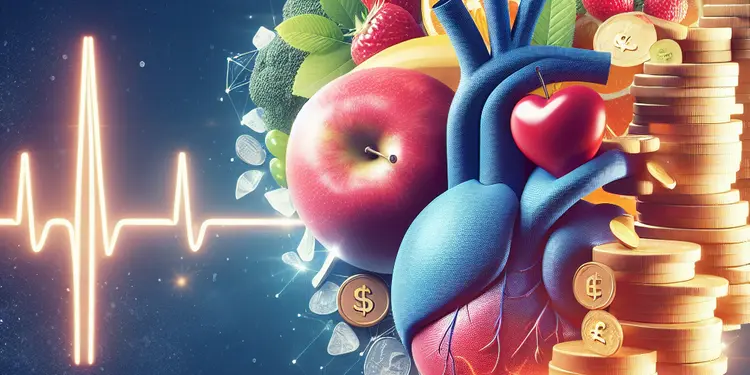
What is the role of diet in managing heart failure?
Relevance: 66%
-
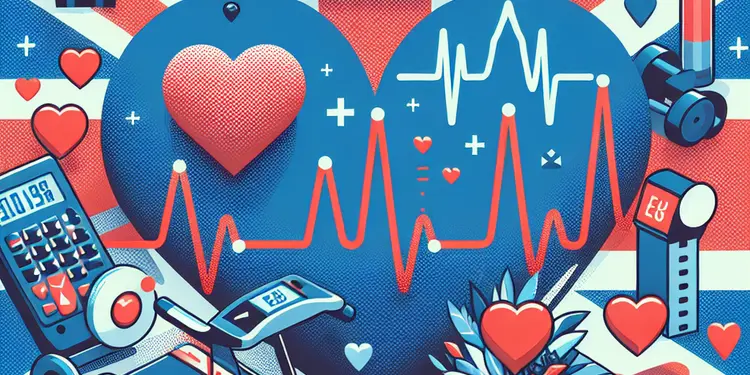
How does exercise impact heart failure?
Relevance: 66%
-

What medications are commonly prescribed for heart failure?
Relevance: 66%
-
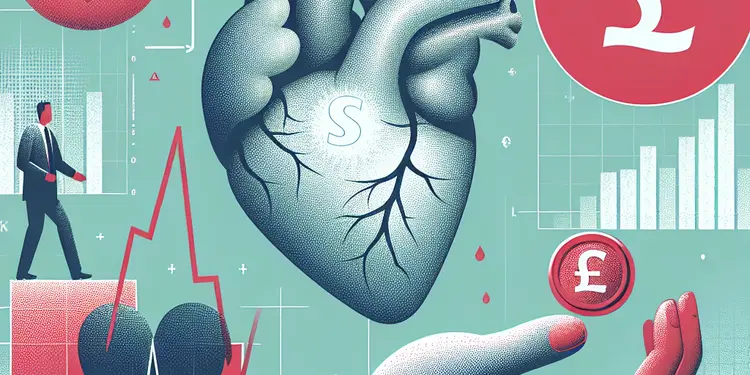
What should I do if I experience symptoms of heart failure?
Relevance: 66%
-
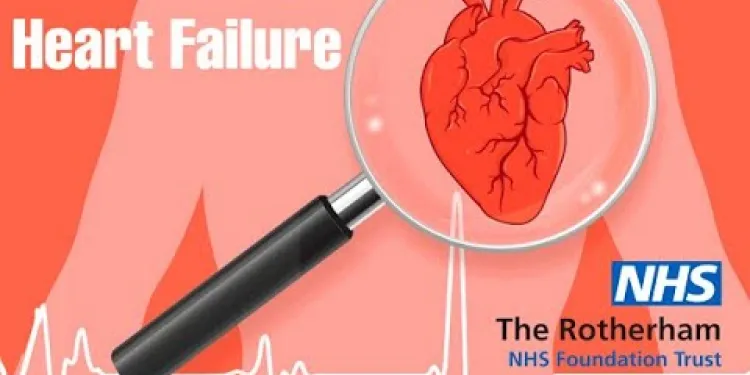
Heart Failure : Treatment and monitoring of fluid retention
Relevance: 66%
-
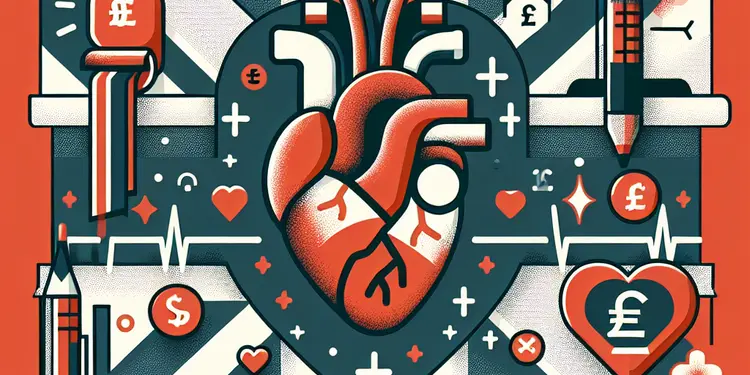
What is heart failure?
Relevance: 58%
-
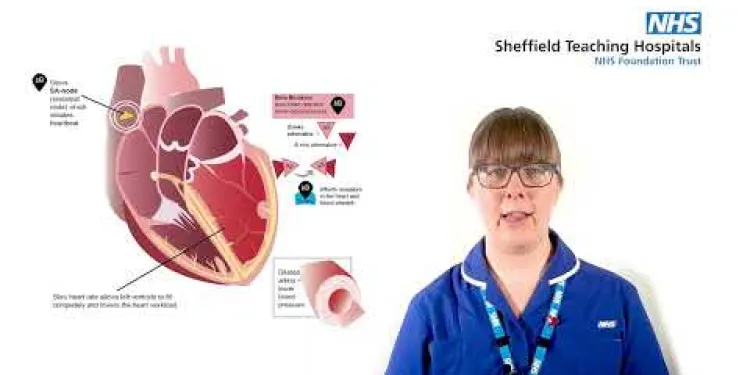
Medicines of the heart
Relevance: 52%
-

What are the common symptoms of heart failure?
Relevance: 51%
-

Heart stents
Relevance: 50%
-
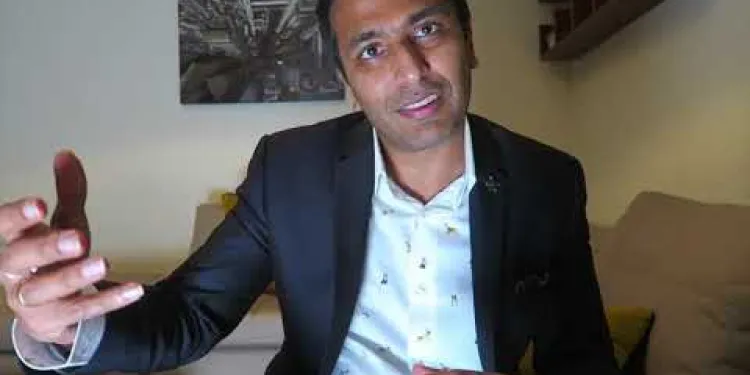
Is my abnormal heart rhythm dangerous?
Relevance: 50%
-
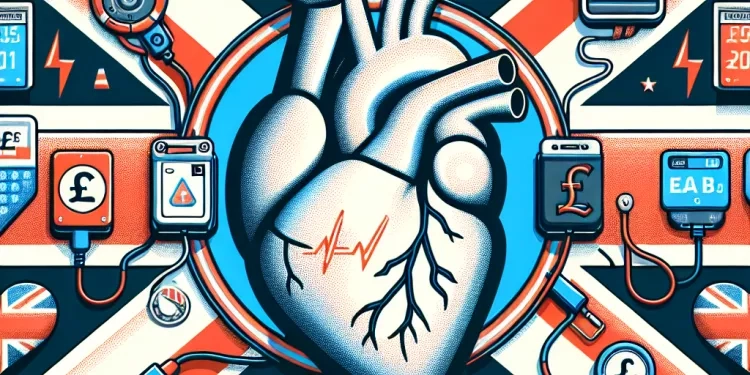
Can a defibrillator restart a stopped heart?
Relevance: 47%
-
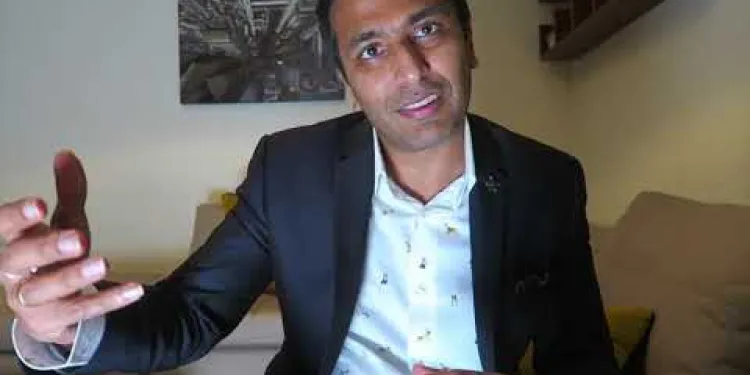
Is my abnormal heart rhythm dangerous?
Relevance: 47%
-
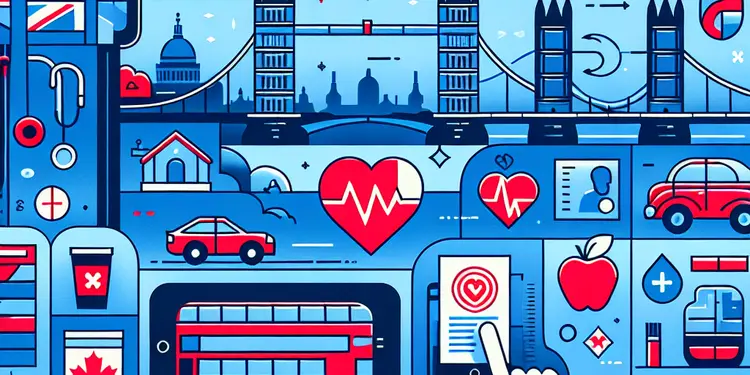
What are the risk factors for a heart attack?
Relevance: 47%
-
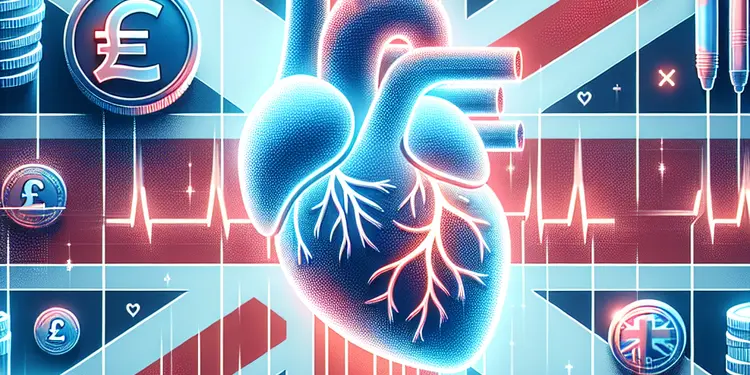
What are the long-term effects of a heart attack?
Relevance: 47%
-
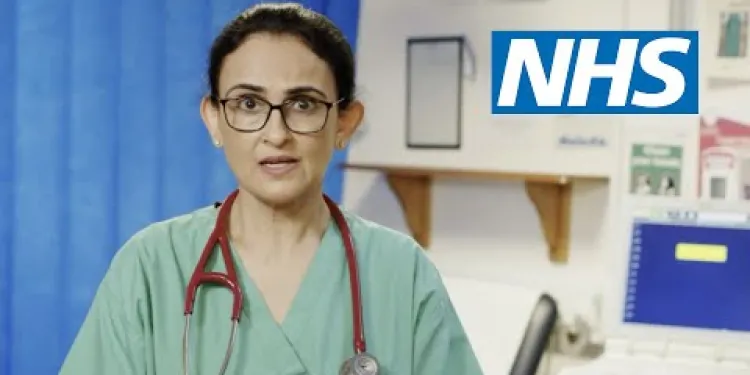
Heart Attack Stories | NHS
Relevance: 46%
-
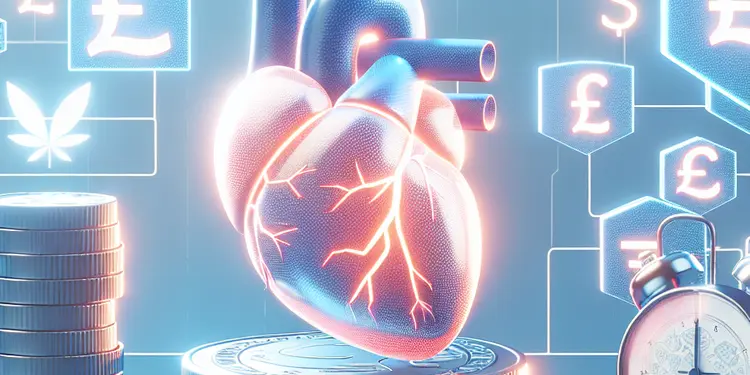
How do beta-blockers contribute to heart attack prevention?
Relevance: 46%
-

Will a heart bypass make me live longer?
Relevance: 45%
-
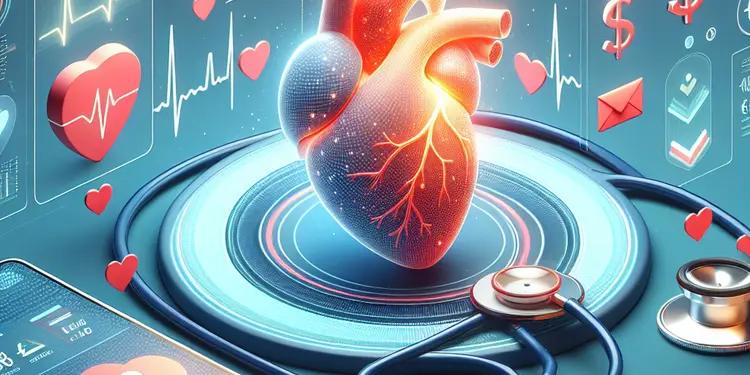
Is it possible to prevent a heart attack?
Relevance: 44%
-
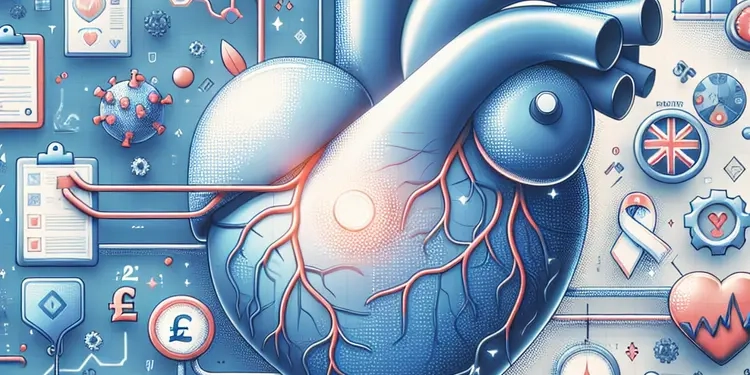
What is heart valve disease?
Relevance: 44%
-

What lifestyle changes can help manage heart failure?
Relevance: 44%
-
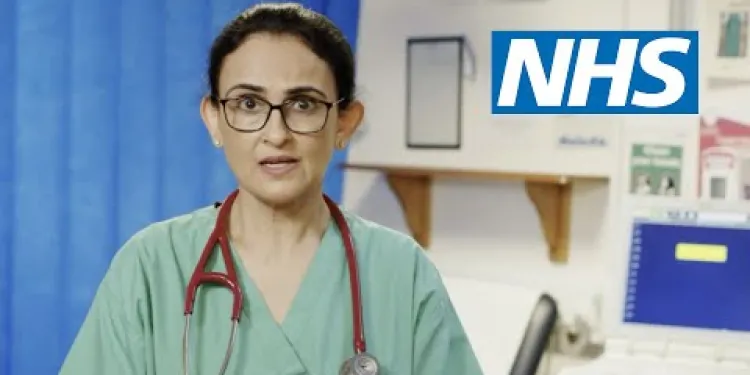
Heart Attack Stories | NHS
Relevance: 44%
-
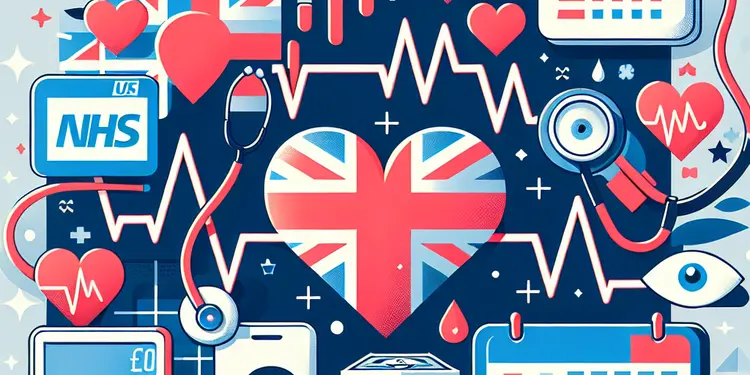
How often should someone with heart failure see their doctor?
Relevance: 44%
-

Does coffee consumption have any long-term heart health effects?
Relevance: 43%
-

Are there specific fats that support heart health?
Relevance: 42%
-

How long do heart attack symptoms last?
Relevance: 42%
-

Is it possible to have a heart attack without chest pain?
Relevance: 41%
Understanding Heart Failure
The Normal Heart
The heart is a vital organ that functions as the body's engine, tirelessly pumping blood to meet the needs of every cell. It operates through a carefully coordinated series of electrical signals and muscular contractions to maintain a healthy circulatory system. The heart is divided into four chambers: two atria (upper chambers) and two ventricles (lower chambers). The left side of the heart receives oxygen-rich blood from the lungs and pumps it throughout the body, while the right side collects oxygen-poor blood and sends it to the lungs for reoxygenation.Causes of Heart Failure
Heart failure occurs when the heart cannot pump blood as efficiently as it should. Common causes include chronic high blood pressure, coronary artery disease, and cardiomyopathy (heart muscle disease). Valvular heart disease, where valves do not function properly, can also contribute. Additionally, lifestyle factors such as smoking, obesity, lack of physical activity, excessive alcohol consumption, and a diet high in unhealthy fats and sugars significantly increase the risk.Symptoms and Diagnosis
Common symptoms of heart failure include persistent shortness of breath, fatigue, swollen legs and ankles, and rapid or irregular heartbeats. It may also lead to fluid buildup in the lungs and other parts of the body. Diagnosing heart failure typically involves a combination of physical exams, blood tests, imaging studies like echocardiograms, and electrocardiograms (ECGs).Treatment and Management
While there is no cure for heart failure, it can be managed through lifestyle changes, medications, and in severe cases, surgical interventions. Common medications include ACE inhibitors, beta-blockers, and diuretics, which help alleviate symptoms and improve heart function. Lifestyle modifications, such as maintaining a healthy diet, engaging in regular physical activity, quitting smoking, and reducing alcohol intake, are crucial for managing the condition. In advanced cases, devices like pacemakers or procedures such as heart transplants may be necessary.Living with Heart Failure
For those living with heart failure in the United Kingdom, support and resources are available through the NHS and numerous charities. Regular follow-ups with healthcare providers, adherence to prescribed treatment plans, and making informed lifestyle choices can significantly improve quality of life and longevity. Cardiovascular rehabilitation programmes offer tailored exercise and education plans designed to assist individuals in managing their condition effectively. In conclusion, understanding the function of the normal heart and recognizing the risk factors and symptoms of heart failure are crucial steps in managing this condition. Early diagnosis and proactive treatment can vastly enhance living standards for those affected.Understanding Heart Failure
The Normal Heart
The heart is a key part of the body. It works like an engine to pump blood. Blood gives energy to the cells in your body. The heart has four rooms called chambers. The top chambers are called atria. The bottom chambers are called ventricles. The left side of the heart gets blood filled with oxygen from the lungs and sends it around the body. The right side takes blood that needs oxygen and sends it to the lungs to get more oxygen.Causes of Heart Failure
Heart failure happens when the heart cannot pump blood well. This can happen for many reasons. High blood pressure, heart disease, and heart muscle problems are common causes. Problems with heart valves can also cause heart failure. Smoking, being very overweight, not exercising, drinking too much alcohol, and eating unhealthy food can make heart failure more likely.Symptoms and Diagnosis
When the heart is not working well, you might feel very tired, have trouble breathing, or notice your legs and ankles are swollen. Your heartbeat may feel strange or too fast. Sometimes, extra fluid can build up in the lungs. Doctors use exams, blood tests, and special pictures of the heart to see if someone has heart failure.Treatment and Management
Heart failure cannot be fixed completely, but there are ways to help. Doctors might give you medicine. Some medicines help the heart work better. Other medicines help with symptoms. Living a healthy life is also important. Eating good food, exercising, not smoking, and drinking less alcohol can help. In some cases, people may need machines to help the heart or even a new heart.Living with Heart Failure
If you have heart failure in the UK, help is available from the NHS and charities. It's important to see your doctor regularly and follow their advice. Making healthy choices can make you feel better and live longer. Exercise and education programmes can help you manage heart failure. In conclusion, knowing how the heart works and learning about heart failure risks and signs is important. Getting help early and taking steps to care for yourself can really improve your life.Frequently Asked Questions
What is heart failure?
Heart failure is a condition where the heart is unable to pump blood effectively to meet the body's needs, leading to a buildup of fluid in the lungs, liver, and other organs.
What are the common symptoms of heart failure?
Common symptoms include breathlessness, fatigue, swollen ankles or legs, and persistent coughing or wheezing, especially at night.
What causes heart failure?
Heart failure can be caused by conditions such as coronary artery disease, high blood pressure, diabetes, and other underlying health issues that damage the heart muscle.
How is heart failure diagnosed?
Doctors diagnose heart failure through a combination of medical history, physical examination, and tests including blood tests, ECG, echocardiogram, and chest X-rays.
Is heart failure the same as a heart attack?
No, a heart attack happens when blood flow to a part of the heart is blocked, while heart failure is a chronic condition where the heart is unable to pump blood efficiently.
Can heart failure be treated?
Yes, while heart failure cannot be cured, it can be managed with medications, lifestyle changes, and in some cases, surgical procedures to improve symptoms and quality of life.
What lifestyle changes can help manage heart failure?
Lifestyle changes include reducing salt intake, eating a balanced diet, exercising regularly, quitting smoking, and limiting alcohol consumption.
Why is fluid restriction important in heart failure?
Fluid restriction helps prevent fluid buildup in the body, which can alleviate symptoms like swelling and breathlessness associated with heart failure.
How does high blood pressure contribute to heart failure?
High blood pressure forces the heart to work harder to pump blood, which over time can weaken the heart muscle and lead to heart failure.
Can regular exercise help with heart failure?
Yes, regular exercise strengthens the heart, improves circulation, and helps manage weight, which can all help alleviate heart failure symptoms.
What medications are commonly prescribed for heart failure?
Common medications include ACE inhibitors, beta-blockers, diuretics, and Aldosterone antagonists to manage symptoms and improve heart function.
Can heart failure be prevented?
While not all cases can be prevented, managing risk factors like high blood pressure, diabetes, avoiding smoking, and maintaining a healthy lifestyle can reduce the likelihood of developing heart failure.
How frequently should someone with heart failure see their doctor?
It is essential for someone with heart failure to see their doctor regularly, typically every 3 to 6 months, or more often if symptoms worsen.
What dietary changes are recommended for heart failure patients?
A heart-healthy diet low in salt, saturated fats, and cholesterol, and rich in fruits, vegetables, and whole grains is recommended for heart failure patients.
Why is it important to monitor weight daily with heart failure?
Daily weight monitoring helps detect fluid retention early, which is a sign of worsening heart failure that may require medical attention.
What is heart failure?
Heart failure is when the heart is not working as it should. This can make it hard for the heart to pump blood around the body. This might make someone feel very tired or out of breath. If you want to know more, you can ask a doctor or nurse.
Here are some ways to help understand:
- Use simple words when talking about it.
- Look at pictures of the heart to see how it works.
- Ask someone to read with you.
- Watch a video about the heart.
Heart failure means the heart is not working well. It cannot pump blood the way it should. This makes fluid collect in the lungs, liver, and other parts of the body.
What signs show your heart is weak?
Common signs include trouble breathing, feeling very tired, swollen ankles or legs, and coughing or making a wheezing sound, especially at night.
If you need help understanding this, you can use a tool that reads text out loud for you or ask someone to explain it.
What makes the heart stop working well?
The heart is like a pump that sends blood around the body. Sometimes, the heart gets weak and cannot pump blood properly.
This can happen because:
- The heart muscles become too weak or stiff.
- The heart has to work too hard because of other health problems.
- There are blockages in the blood vessels, stopping blood flow.
Here are some ways to help understand this information:
- Ask a doctor or nurse to explain it.
- Look at pictures or videos about the heart.
- Use tools that read the text out loud for you.
Heart failure happens when the heart is not working well. It can be caused by health problems like:
- Heart disease
- High blood pressure
- Diabetes
- Other health problems that hurt the heart
Here are some helpful tips:
- Talk to your doctor to learn more.
- Use pictures or videos to understand better.
- Ask a friend or family member for help if you need it.
How do doctors find out if someone has heart failure?
Doctors can tell if a person has heart failure by doing some tests. Here are some tests they might use:
- Listen to your heart: The doctor can use a tool called a stethoscope to listen to your heart.
- Take a picture of your heart: Doctors can use a machine called an X-ray to take pictures of your heart.
- Check your blood: Sometimes they take a little bit of blood for testing.
- Heart scan: A special test called an echocardiogram can show how well your heart is working.
If you find reading hard, try asking someone to read this to you or use an app that reads out loud. These tools can help you understand better.
Doctors find out if you have heart problems by asking about your health, checking your body, and doing tests. These tests can include blood tests, a heart rhythm test (ECG), a heart ultrasound (echocardiogram), and chest X-rays.
To help understand this, you can look at pictures or watch videos about how doctors check for heart problems. You can also practice saying or writing the names of the tests to remember them better.
Is heart failure the same as a heart attack?
No, they are not the same.
A heart attack happens when blood can't get to your heart. This can hurt your heart. It's like when a hose is blocked, and water can't flow through.
Heart failure is when the heart is weak and can't pump blood well. It's like a pump that isn't strong enough to move all the water.
Here are some tools that can help:
- Ask a family member or friend to read with you.
- Use pictures or drawings to understand better.
- Look for videos with simple explanations.
No, a heart attack and heart failure are different.
A heart attack happens when blood cannot get to a part of the heart. This is because something is blocking the way.
Heart failure is when the heart cannot pump blood properly. This can happen over a long time.
Use pictures or diagrams to help you understand better. Talking about it with someone you trust can also help.
Can we help a weak heart?
A weak heart is called heart failure. Doctors can help if your heart is weak.
Medicine: There are pills to help a weak heart feel better.
Healthy Food: Eating good food helps the heart stay strong. Try to eat fruits, vegetables, and drink water.
Exercise: Moving your body is good. Even a little walk can help.
Doctor Visits: Visit the doctor often. This helps keep your heart healthy.
Talk to Someone: If you feel worried, talk to a friend or family.
Tools like pictures and videos can help you understand more.
Heart failure means your heart doesn’t work as well as it should. It can't be fixed completely, but doctors can help you feel better.
You might take medicine, change how you live, or have an operation. These things can help you feel better and enjoy your life more.
If you find reading hard, you can try using audiobooks or ask someone you trust to read with you.
What can you do to help your heart feel better?
Here are some simple changes you can make:
- Eat Healthy: Try to eat fruits, vegetables, and whole grains. Avoid too much salt, sugar, and fast food.
- Be Active: Try to move your body every day. You can walk, play, or dance. Start small if you need to.
- Rest Well: Make sure you get enough sleep every night. A good rest helps your heart.
- Take your Medicine: If you have medicine from the doctor, take it on time.
- No Smoking: If you smoke, try to stop. If you need help, ask someone.
- Avoid Alcohol: Drink very little or no alcohol.
Here are some tools to help you:
- Use a Reminder: Set alarms to remind you to take your medicine.
- Keep a Diary: Write down what you eat and how much you exercise.
- Ask for Help: Talk to family, friends, or your doctor if you need support.
Change some things in your life to stay healthy:
- Eat less salt.
- Have different kinds of healthy foods.
- Exercise often. This means moving your body a lot.
- Stop smoking if you do.
- Drink less alcohol.
Try using a food diary to track what you eat. You can ask someone for help if you need it. Exercise can be fun, like playing games or dancing. Talk to friends and family for support.
Why is it important to drink less water when your heart is weak?
When your heart is not strong, it can have trouble pumping blood. If you drink too much water, your body can hold onto it. This makes the heart work even harder.
Drinking less water helps your heart work better. It also helps keep your body from swelling up.
Tools to help:
- Use a water bottle to track how much you drink.
- Set a timer to remind you not to drink too much.
- Talk to a nurse or doctor if you have questions.
Limiting the amount of liquid you drink can help stop too much fluid from building up in the body. This can make swelling and breathing problems, which happen with heart issues, feel better.
How can high blood pressure cause heart problems?
High blood pressure makes the heart work too hard. This can hurt the heart. Use pictures or videos to help understand. Ask a grown-up or a doctor if you have questions.
High blood pressure makes the heart work harder to move blood. Over time, this can make the heart muscle weak and may lead to heart failure.
Can exercise help your heart?
Doing exercise can help your heart stay healthy. It can make your heart stronger.
People with heart problems might also feel better with regular exercise. But they should talk to a doctor first.
Walking, swimming, or riding a bike can be helpful exercises.
Remember to start slowly and rest when you need to. You can use a timer to keep track of your exercise time.
Yes, doing exercise often makes your heart strong, helps blood flow nicely, and helps keep your weight healthy. These things can make heart problems better.
What medicines are often given for heart problems?
Doctors give people medicine if their heart is not working well. Here are some common ones:
- ACE inhibitors: These help the heart pump better and lower blood pressure.
- Beta-blockers: These help the heart beat slower and more equally.
- Diuretics: These help the body get rid of extra water and salt.
- Angiotensin II receptor blockers (ARBs): These work like ACE inhibitors to help the heart.
Ask a doctor or nurse to explain more if you need help. They can show you pictures or use simple words.
Some medicines help the heart. They include:
- ACE inhibitors
- Beta-blockers
- Water pills (diuretics)
- Aldosterone blockers
These medicines help you feel better and make your heart work well.
Tips: You can use pictures or a medication chart to remember your medicines.
Can we stop heart failure from happening?
Heart failure can sometimes be stopped. Here are some ways:
- Eat healthy food.
- Move your body every day, like walking or playing.
- Don't smoke.
- See a doctor for regular check-ups.
- Take medicine if the doctor says you need to.
If you need help:
- Ask someone you trust to help you read and understand.
- Use pictures or videos to learn more.
We can't stop all problems, but we can do some things to help our hearts. Keeping your blood pressure low, managing diabetes, not smoking, and living a healthy life can help stop heart problems. You can use apps or ask a friend to remind you about healthy choices.
How often should a person with heart problems see their doctor?
If you have heart problems, you should visit your doctor regularly. This means you should see your doctor every few months.
Your doctor will help make sure you are feeling okay. They can check how your heart is doing.
Remember, if you feel sick or have new symptoms, tell your doctor quickly.
Here are some helpful tips:
- Use a calendar to remember your appointments.
- Write down any questions you have before your visit.
- Bring a friend or family member for support if you need to.
It is very important for someone with heart problems to visit their doctor often. They should see their doctor every 3 to 6 months. If they feel worse, they need to see the doctor sooner.
Helpful Tip: Use a calendar or reminder on your phone to keep track of doctor visits.
What food changes are good for people with heart problems?
If you have heart problems, changing what you eat can help you feel better.
Here are some easy tips:
- Eat more fruits and vegetables.
- Eat less salt. Don't add too much salt to your food.
- Drink plenty of water but not too much.
- Stay away from foods that are fried or very fatty.
- Try to eat more fish and chicken instead of red meat.
Some helpful tools are:
- Use a chart to track what you eat each day.
- Ask a nurse or doctor if you need help with food choices.
To keep your heart healthy, eat foods that are good for you. This means eating less salt, not eating too much fat, and staying away from foods with lots of cholesterol. Instead, eat lots of fruits and vegetables, and choose whole grains like brown rice or whole wheat bread. This is important for people who have heart problems.
Why should you check your weight every day if you have heart problems?
Weighing yourself every day can help you notice if your body is holding extra water. This can show that your heart might be having problems, and you might need to see a doctor.
Here are some tips to help understand:
- Use a scale to check your weight every morning.
- Write down your weight every day.
- If you gain a lot of weight quickly, tell your doctor.
Useful Links
This website offers general information and is not a substitute for professional advice.
Always seek guidance from qualified professionals.
If you have any medical concerns or need urgent help, contact a healthcare professional or emergency services immediately.
- Ergsy carfully checks the information in the videos we provide here.
- Videos shown by Youtube after a video has completed, have NOT been reviewed by ERGSY.
- To view, click the arrow in centre of video.
- Most of the videos you find here will have subtitles and/or closed captions available.
- You may need to turn these on, and choose your preferred language.
- Go to the video you'd like to watch.
- If closed captions (CC) are available, settings will be visible on the bottom right of the video player.
- To turn on Captions, click settings .
- To turn off Captions, click settings again.
More Items From Ergsy search
-

Heart Failure : The normal heart
Relevance: 100%
-

Heart Failure : What is heart failure?
Relevance: 83%
-

Heart Failure : Symptoms of heart failure
Relevance: 82%
-

Heart Failure : Heart failure that cannot pump
Relevance: 80%
-

Heart failure introduction
Relevance: 77%
-

Can heart failure be cured?
Relevance: 76%
-

Heart Failure : When the heart becomes stiff?
Relevance: 75%
-

What causes heart failure?
Relevance: 74%
-

Are there different types of heart failure?
Relevance: 73%
-

How is heart failure diagnosed?
Relevance: 72%
-

Can heart failure be prevented?
Relevance: 72%
-

What is the prognosis for someone with heart failure?
Relevance: 70%
-

Is Baxdrostat used in treating heart failure?
Relevance: 69%
-

Can heart failure affect other organs?
Relevance: 67%
-

What is the role of diet in managing heart failure?
Relevance: 66%
-

How does exercise impact heart failure?
Relevance: 66%
-

What medications are commonly prescribed for heart failure?
Relevance: 66%
-

What should I do if I experience symptoms of heart failure?
Relevance: 66%
-

Heart Failure : Treatment and monitoring of fluid retention
Relevance: 66%
-

What is heart failure?
Relevance: 58%
-

Medicines of the heart
Relevance: 52%
-

What are the common symptoms of heart failure?
Relevance: 51%
-

Heart stents
Relevance: 50%
-

Is my abnormal heart rhythm dangerous?
Relevance: 50%
-

Can a defibrillator restart a stopped heart?
Relevance: 47%
-

Is my abnormal heart rhythm dangerous?
Relevance: 47%
-

What are the risk factors for a heart attack?
Relevance: 47%
-

What are the long-term effects of a heart attack?
Relevance: 47%
-

Heart Attack Stories | NHS
Relevance: 46%
-

How do beta-blockers contribute to heart attack prevention?
Relevance: 46%
-

Will a heart bypass make me live longer?
Relevance: 45%
-

Is it possible to prevent a heart attack?
Relevance: 44%
-

What is heart valve disease?
Relevance: 44%
-

What lifestyle changes can help manage heart failure?
Relevance: 44%
-

Heart Attack Stories | NHS
Relevance: 44%
-

How often should someone with heart failure see their doctor?
Relevance: 44%
-

Does coffee consumption have any long-term heart health effects?
Relevance: 43%
-

Are there specific fats that support heart health?
Relevance: 42%
-

How long do heart attack symptoms last?
Relevance: 42%
-

Is it possible to have a heart attack without chest pain?
Relevance: 41%


